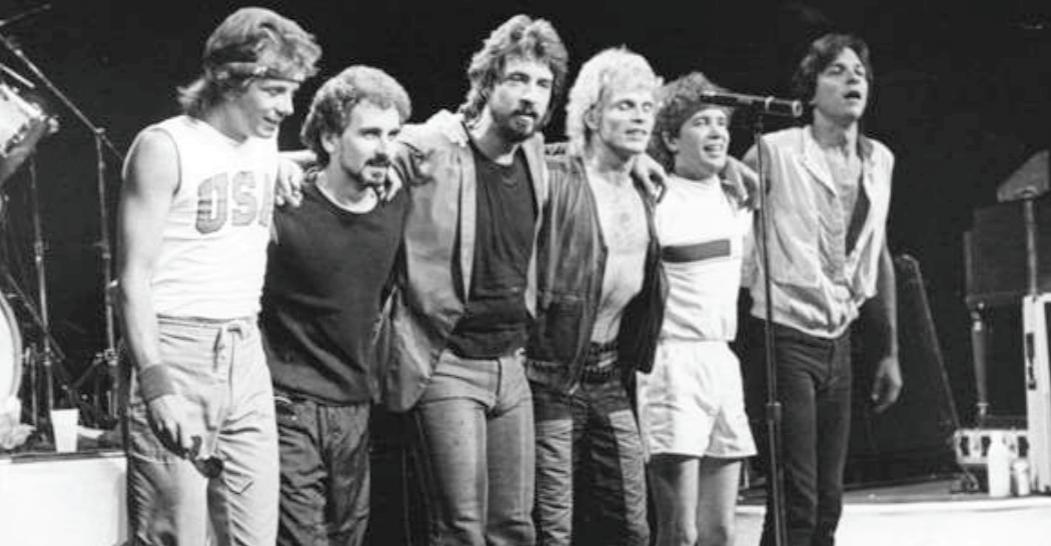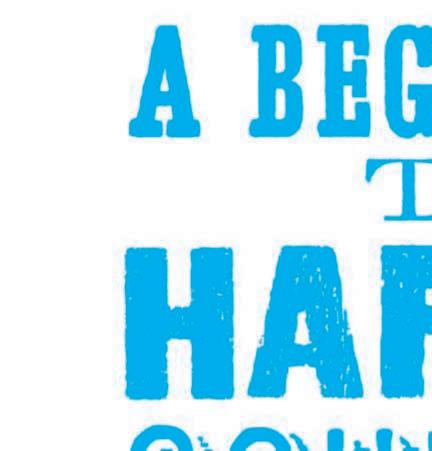MUSIC MICHAEL STANLEY WAS CLEVELAND’S TROUBADOUR Courtesy Cleveland Memory Project
By Annie Zaleski
ASK 50 CLEVELANDERS THEIR favorite Michael Stanley song and chances are you’ll get 50 different answers. There are the tunes considered his classics: the early solo signature “Rosewood Bitters,” the Heartland staples “Lover” and “He Can’t Love You,” and the You Can’t Fight Fashion top 40 hit “My Town.” Many might just take the easy way out and name every song on the legendary 1977 live album Stagepass, an LP led by the astonishingly complex “Midwest Midnight.” But Clevelanders dig deep with Stanley’s catalog, so the answer might be a Michael Stanley Band album track or a solo cut he released during the last decade. Stanley, who died March 5 at the age of 72 after a seven-month battle with lung cancer, boasted enviable catalog depth. Although widely considered heartland rock—a gritty rock ‘n’ roll blueprint shared by acts such as Bob Seger, Bruce Springsteen and John Mellencamp— he possessed range: power pop, blues, folk, AOR, soul-influenced
20
rock. Unsurprisingly, in a 2013 Scene interview, he cited the James Gang and Raspberries as local favorites. But during a career that stretched well over a half-century, the musician born Michael Stanley Gee also prioritized lyrical depth: first loves and first heartbreak, wrestling with ambition and struggling with unrealized dreams, jumping into relationships that may or may not pan out, and the difficult of facing mortality. He wrote these songs through a Midwest lens, meaning he eschewed clichés and easy answers, and instead offered unvarnished truths steeped in resiliency and pragmatism. Such incisiveness made him a perceptive—and empathetic—lyricist. “The thing about Michael—he saw us,” says Cleveland native Holly Gleason, an award-winning journalist and the author of Woman Walk the Line: How the Women in Country Music Changed Our Lives. “He lived it. He understood why a line like, ‘The boys are out on Mayfield / Everybody dressed to
| clevescene.com | March 10-23, 2021
kill,’ was every kid on the east side, driving back and forth trying to impress a girl. “He understood why a line like, ‘Thank God for the man who put the white lines on the highway’ happens at that crisis point in a relationship—and you’re on the turnpike, because it’s the only way to get there, and you can barely see for crying, and then you’re in that lake effect snow. “So when you heard him, you were seen—and you knew you were seen,” she adds. “And, just as importantly, you were felt. That matters.” The feeling generated intense loyalty and, at the height of Michael Stanley Band’s popularity in the ‘70s and ‘80s, jaw-dropping local support. The band sold out two shows at the Richfield Coliseum around the 1981-82 New Year’s Eve holiday, and then drew more than 74,000 during a sold-out four-night run of shows at Blossom Music Center in August 1982. Outside of Cleveland, Michael Stanley Band were also massively
popular in St. Louis—the group opened for acts such as Heart, Kansas and the Allman Brothers there—and hobnobbed with big music industry names: The band worked with producers Bob Clearmountain, Don Gehman, Eddie Kramer and Mutt Lange, and once had a memorable gig with a then-unknown AC/DC and the Dictators in 1977. They also inked a series of major label record deals, which led to national exposure. The video for “He Can’t Love You” was aired twice on MTV’s first day in 1981, while the success of 1983’s “My Town” led to an appearance on American Bandstand and Solid Gold. The Michael Stanley Band broke up in 1987—after a 12-night run at the Front Row Theater—but Stanley stayed in the public eye. He became a familiar local TV icon thanks to a stint as co-host of PM Magazine, and continued to play music. As a solo artist, his songwriting themes expanded and matured—like 2005’s “Home Tonight,” a simple but wrenching song about confronting mortality head-on, or 2008’s “Just




